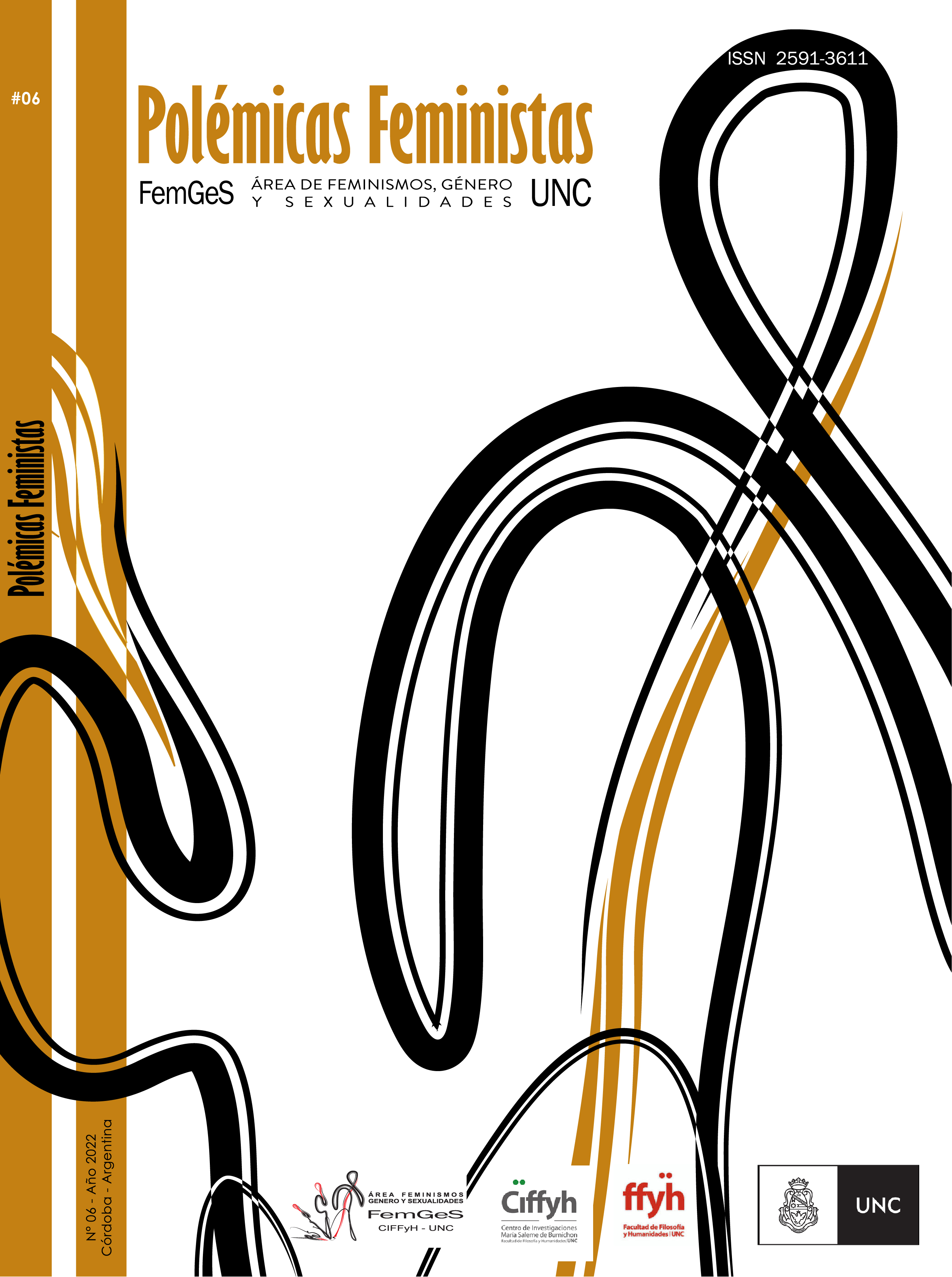Christine de Pizán's Thinking: Educating to Build a Women's City
Keywords:
Women, Education, Emancipation, Utopia, CityAbstract
Christine de Pizan, a Renaissance author, is recognized in the field of literature as a professional writer, proposing a frontal critique of the dominant misogynist tradition of the time. We investigate here some central points of her literary work The Book of the City of Ladies (Le Livre de la Cité des Dames, 1405) as data of her life directly related to her possibility of being an author and of thinking about the condition of women. In this case, we understand her discourse as an action through which she makes visible the construction of a new role for women in the new place that is the city, being the common education for women an essential point in her proposal. That is, education, which in her case was exceptional and privileged compared to that of the women of the time, in this city will be common for all and therefore fair. Thus, she will build it using a rhetorical resource such as allegory to give life and dialogue with three virtuous ladies: reason, right and justice who will help her to challenge the doxa of her epochal context, believing in herself and laying the foundations of the new city that would enable the emergence of a place conducive to freedom, equality and emancipation of women.
Downloads
References
Astrik, L. Gabriel (1955). The Educational Ideas of Christine de Pisan. Journal of the History of Ideas, Vol. 16, N° 1, pp. 3-21. https://doi.org/10.2307/2707524
Barrios, Soledad y Guazzaroni, Vanina (2011). Christine de Pizán y la ciudad de las damas: la mujer como sujeto jurídico activo. La Aljaba, Luján, Vol. 15. https://repo.unlpam.edu.ar/handle/unlpam/5157
Cabré Pairet, Montserrat (2006). El Otro Centenario: La Ciudad de las Damas y la construcción de las mujeres como sujeto político. La Aljaba, Luján, Vol. 10, pp. 39-53. http://www.scielo.org.ar/scielo.php?script=sci_arttext&pid=S1669-57042006000100002
Chaneton, July Edith (1998). La ciudad de las damas, teorías y prácticas feministas. Nueva Sociedad, Nº 155, pp. 37-53. https://static.nuso.org/media/articles/downloads/2681_1.pdf
Favoretto, Mara (2014). Charly en el país de las alegorías: una aproximación a la obra poética de Charly García. Gourmet Musical.
Favoretto, Mara (2009). Alegoría e ironía bajo censura en la Argentina del Proceso (1976-1983). [Tesis doctoral]. Edwin Mellen Press.
Fernández González, Etelvina (2007). El conocimiento del pasado a través de El libro de la ciudad de las damas de Christine de Pizan. Anuario del Departamento de Historia y Teoría del Arte, Vol. XIX. https://revistas.uam.es/anuario/article/view/2400
Laurenzi, Elena (2009). Christine de Pizan: ¿Una feminista ante litteram? Lectora: revista de dones i textualitat N° 15, pp. 301-314. https://dialnet.unirioja.es/servlet/articulo?codigo=3102728
Lemarchand, Marie-José (1995). Introducción. En Christine de Pizan, La Ciudad De Las Damas, Siruela.
Pizán, Christine de (1995). La ciudad de las damas. Siruela.
Regnier-Bohler, Danielle (1992). Voces Literarias, Voces Místicas. En Georges Duby y Michelle Perrot (dir.), Historia de las Mujeres, Tomo 2, La Edad Media, Taurus, Alfaguara.
Rodríguez Sánchez, Irene (2016). Christine de Pizan y su obra. [Trabajo de fin de grado] Universidad De Salamanca; Facultad De Geografía e Historia. https://gredos.usal.es/bitstream/handle/10366/129783/IRENE%20RODR%CDGUEZ%20S%C1NCHEZ,%20Irene_Christine%20de%20Pisan%20y%20su%20obra.pdf;jsessionid=3A386CC7544D441F8FDFA59273F4DC5A?sequence=1
Downloads
Published
Issue
Section
License
Copyright (c) 2022 Sandra Alicia Salina, Brenda Irina García Tito

This work is licensed under a Creative Commons Attribution-NonCommercial-ShareAlike 4.0 International License.
From 2022: Attribution - Non-Commercial - Share Alike (CC BY- NC- SA 4.0)
From 2011 to 2021: Attribution - Non-Commercial - No Derivative Works (CC BY- NC- ND)






